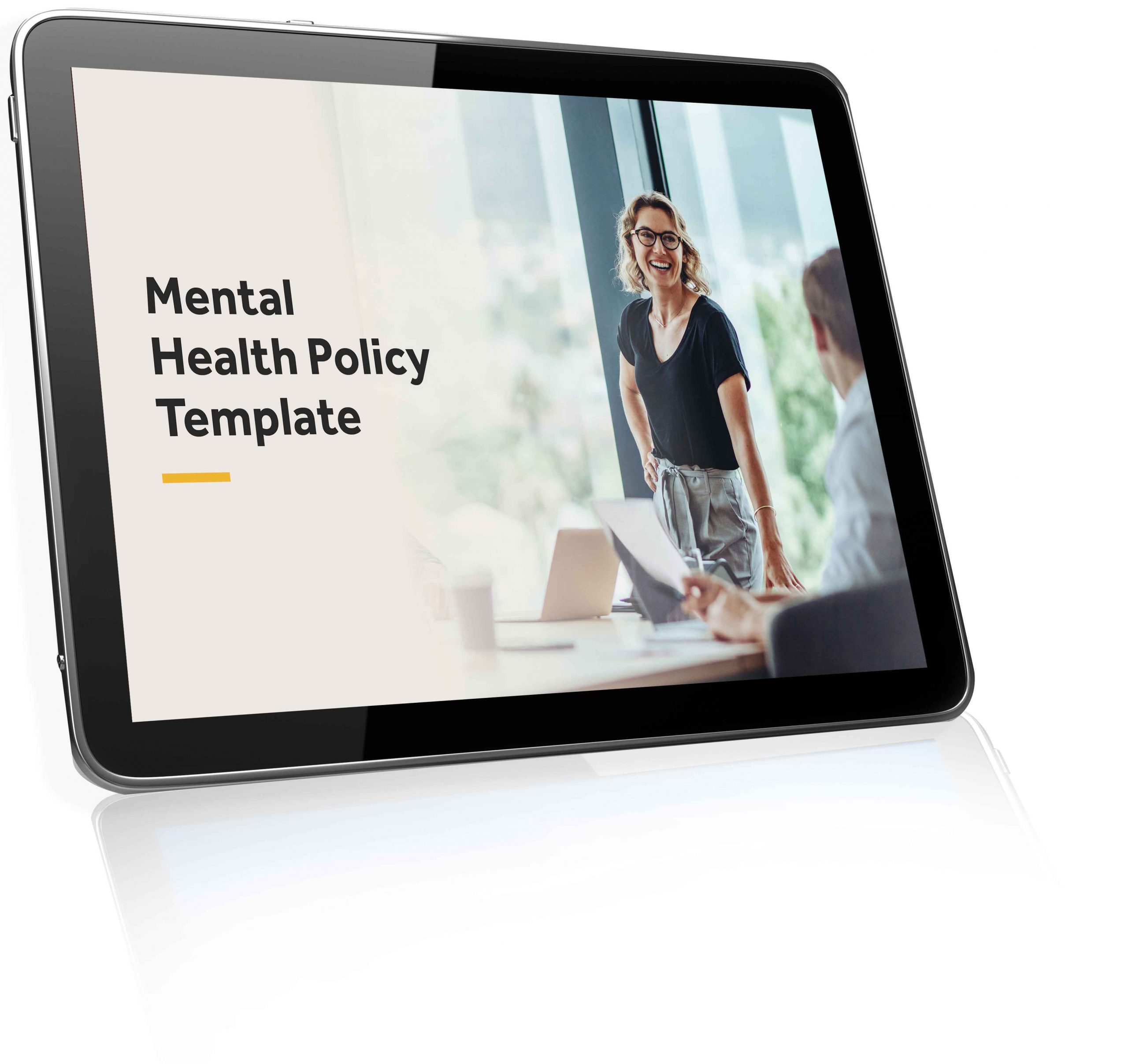
The pandemic underlined just how tough life on healthcare’s frontlines can be. Doctors and nurses worked around the clock in the most troubling conditions, selflessly putting themselves in harm’s way for the good of everybody else.
Frontline healthcare work is physically and emotionally challenging even under normal circumstances, with long shifts, understaffing, a lack of resources, and routine life-or-death scenarios.
All this leads to an important question. How well cared for are Australia’s frontline healthcare workers? Recent industry research suggests they may not be getting all the mental health support they need.
Let’s delve into frontline healthcare’s mental health problem, the underlying causes, and explore what can be done to take better care of the people who take care of us.
Frontline healthcare mental health in numbers
Most people are well aware that frontline healthcare workers are under intense pressure. However, the industry’s mental health stats still might take you by surprise.
Research by Monash University has revealed just how high the chances are of frontline healthcare mental health risks being realised:
59.8% of Australian frontline healthcare staff have experienced anxiety
70.9% have experienced burnout
57.3% have experienced depression
22.4% have experienced all three conditions at once
The cross-sectional study surveyed over 9,500 healthcare workers in Australia and New Zealand. While the study’s timeframe includes the last year of the pandemic, it concludes “the residual effects are persistent and the number of workers suffering from mental health problems remains unexpectedly high.”
A University of Melbourne study has also found that 17.5% of Australian nurses have suffered post-traumatic stress disorder (PTSD), which is almost triple the national average of 6%.
Treating PTSD can take a very long time, with sufferers often having intense, disturbing thoughts and feelings long after a traumatic event has ended.
What are the mental health hazards in frontline healthcare?
Frontline healthcare workers are at an increased risk of developing mental health problems due to multiple factors. These include:
Long hours: Frontline workers often have their hours consolidated into three or four long shifts each week. This can include night and weekend shifts, disrupting their regular sleep patterns and making it difficult to maintain a healthy work-life balance.
Fast-paced: As well as working long shifts, frontline healthcare work is fast-paced and often physically draining.
High stress levels: Frontline healthcare workers must make difficult (sometimes life or death) decisions under intense pressure. They may also have to deal with demanding patients and family members.
Exposure to trauma: Frontline healthcare workers may be exposed to trauma on a regular basis. This could include seeing patients die, witnessing violence, or treating victims of accidents or natural disasters.
Lack of support: Frontline healthcare workers may feel like they don’t have enough support from their employers or colleagues. This can make it difficult to cope with the demands of their job.

Do you have a mental health policy in place?
Employers have an obligation to provide a mentally healthy workplace for everybody.
A solid, comprehensive, and responsive Mental Health Policy is an essential document in any business. If you don’t have one, download our FREE Template today. It’s easy to use and suitable for most businesses!
The impact of mental health problems in frontline healthcare
Frontline healthcare worker mental health has been gaining attention as a major public health concern in recent years.
As well as posing a risk to the well-being of workers themselves, mental health hazards threaten the quality of care. If left unmitigated, these hazards can lead to:
Reduced productivity: Mental health problems can make it difficult for frontline healthcare workers to focus on their job and perform their duties effectively.
Increased risk of errors: Mental health problems can also increase the risk of errors in the workplace. This can have serious consequences for patient safety.
Increased absenteeism: Frontline healthcare workers with mental health problems are more likely to take sick leave. This can put further strain on the healthcare system.
Higher staff turnover: Workers who are unable to cope with the mental and emotional demands of their job are more likely to find alternative employment. With current turnover levels, the World Health Organization predicts a global shortfall of 10 million workers by 2030.
What can be done to support frontline healthcare workers?
There are a number of things that can be done to support frontline healthcare workers with mental health problems:
Employers: Employers should provide frontline healthcare workers with access to mental health support services. They should also create a work environment that is supportive and understanding. Arguably the biggest change needed in the industry is the destigmatising of mental health issues among healthcare workers.
Colleagues: Colleagues should be supportive of each other and look out for signs of mental health problems in their coworkers. They should regularly check in with each other and encourage teammates to seek professional help if needed.
Individuals: Frontline healthcare workers should take care of their own mental health by getting enough sleep, eating a healthy diet, and exercising regularly. They should stay connected and talk with friends, loved ones or other people they trust for support. Finally, they should also seek professional help if it’s all too much to cope with.
It’s also important for frontline healthcare workers to remind themselves:
It’s normal to feel stressed in their situation
Finding the pressure too much to handle is not something to be ashamed of
It’s okay to talk to a leader if work hours become unmanageable
They are not responsible for single-handedly solving everyone’s problems
Their well-being is just as much of a priority as the well-being of their patients
Mental health resources for frontline healthcare workers
There are a range of mental health resources available to frontline healthcare workers in Australia:
Beyond Blue: Beyond Blue is a national mental health organisation that provides information and support to people with mental health problems. Their website has a dedicated section for frontline healthcare workers.
Lifeline: Lifeline is a national crisis support service that provides confidential support to people in distress. They can be contacted on 13 11 14.
The Black Dog Institute: The Black Dog Institute is a research and education organisation that focuses on mental health, with a dedicated section on their website for frontline healthcare.
R U OK?: R U OK? is a national campaign that aims to start conversations about mental health. Their website has a dedicated section about how to discuss mental well-being in frontline healthcare.
If you’re unsure about your mental health obligations as a business owner, Employsure can help. With our expert advice and practical support, you can create a safe, healthy and supportive work environment for all your employees to thrive in.
If you have a question about your responsibilities, call our FREE Advice Line now on 1300 651 415.


